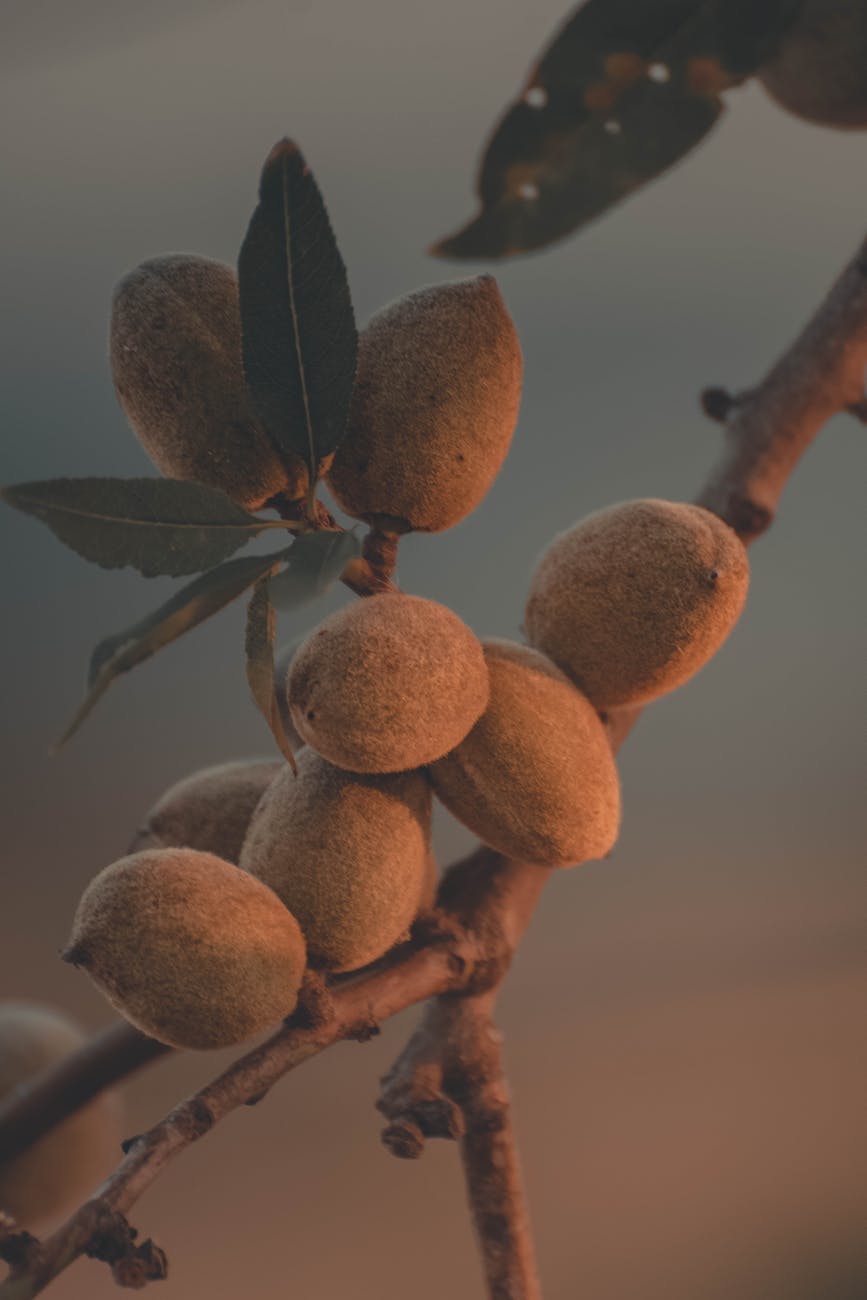On delayed pleasure and investing in oneself.
S.R.,
You would fail to notice the changes day-by-day.
Only, perhaps, if you had compiled a series of snapshots would you be able to see their subtle motions as they occur. The xylem draws water from the roots up through the stem and to leaves; sunlight falls on the epidermis here, initiating a thousand minute reactions that find their telos in growth, or a telos of growth older than this particular plant, much older than its particular genus or species.
All of its motions, its growth, and change, occur on a scale to which we are not privy. It is life on a scale which we find it hard to notice, but it proceeds nonetheless. A series of infinitesimally small events.
There are, as it so happens, two saplings on the windowsill in my den. I planted them several months ago, and the changes, though slight, have been miraculous.
To these were added three fig trees, much smaller by comparison at first, though they have flourished and languished in my yard, where I have largely left Nature to tend to them.
And unsurprisingly these fruit-bearing trees have lent me much food for thought–I am reminded of that anecdote of the Emperor Diocletian’s, when pestered about retiring from public life in Salona (modern-day Split, in Croatia):
“If you could see the cabbages grown by our hands at Salona, you really would not consider that a kind of temptation” .
Aurelius Victor, Epitome de Caesaribus 39.6 (my translation)
There has been little to do but watch them grow, letting the days pass by, as they inch and inch toward something–something much older than they themselves, of which, I would imagine, they know not, nor do they understand. But nonethless they strive for it.
And in some respect we too are like that in our growth and development–our desires and aversions are conditions implanted in us by Nature, the shape of our psychic lives is initially bounded by our biology, conditioned by our sensory apparatus, but filled in by culture and education.
Our growth is largely something imperceptible, at least in the sense in which we are organic–our psychic growth, though largely silent as it happens, is only available to us in retrospect, and as it happens we do not notice it, whether through neglect or absence to ourselves.
Unfortunately, the growth of our psychic lives, which is admittedly much more tedious to attend to, cannot be left up to Nature in so many ways.
It requires some degree of toil–someone wants to be a great musician, that itself is a great deal of practice, someone wants to be a thespian, or a poet, or a novelist, or a philosopher (if ever there were). All tedious, all rote–and our methods, if not employed tactfully, renders much time wasted, at least, much wasted if not enjoyed.
But after so much time, the consolation, I suppose, is that we enjoy the fruits of our labor.
So much for so much.
But here I merely muse without purpose–I say, as I recline on the sofa in the den and think to myself–
“If only I had planted those figs ten years ago.”
But it is always like that, isn’t it?
Before I go, here–I found a pleasant musing in DIogenes Laertius about Zeno of Citium–
“They say that he was fond of green figs, and basking in the sun.”
DIogenes Laertius, Lives I.1 (my translation)
The sun is, after all, quite pleasant in the den, which is girded on all sides by windows.
I suppose that sounds familiar, doesn’t it?
Farewell.
Sincerely,
George
